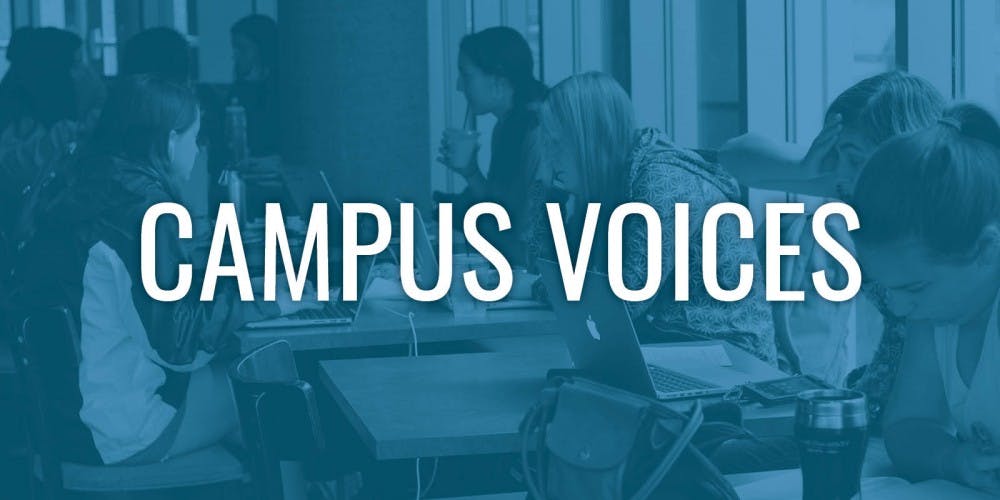In May, just one month from now, I will be the first in my family to graduate from college. I’m the daughter of an “illegal” immigrant and a landscaper, and in one month, I’ll beat the odds by graduating from a selective university in just four years. I’m lucky. I know I’m lucky. My situation as a first-generation college student might not be rare, but my achievements are — and that upsets me beyond belief.
The institution of higher education as a whole has a first-generation college student problem, and Elon University is not immune. Although the university has some incredible programs like the Odyssey Program and Elon Academy, programs that have touched the lives of such deserving students, I can’t help but feel that we as a college community are not doing enough. As an Elon student, I have felt supported in every single sense of the word. As a first-generation Elon student, though, I have felt utterly and unfortunately unsupported.
So much of higher education’s efforts are aimed at recruiting and admitting first-gen students that institutions like Elon often forget about us once we’re here. I can vividly remember feeling supported throughout the application process. In retrospect, it’s most likely because the label “first-generation” was stamped on my file and my admissions counselor took extra care to make sure I understood everything that was going on. That specialized support ended when I stepped foot on campus four years ago, ostensibly because it was perceived that I had “made it:” I had beaten the odds by joining an institution that has historically placed barriers between people like me and a college education. In truth, though, joining the institution and graduating are two vastly different things, and calculated steps must be taken to ensure that the latter is achieved.
Throughout my four years, not a single university employee has approached me with the knowledge that I’m a first-generation student to ask how I was adjusting, how I was dealing with the awkward shift in familial power dynamics as an educated child with uneducated parents or simply whether or not I was happy. While a gesture of this might seem small, it could have made a world of a difference. First-gen students have a significantly higher risk of feeling inadequate and anxious in a college setting. Too often, these feelings of inadequacy cause us to drop out of school. Only 11% of first-generation students graduate within six years of enrolling in college. One “how are you doing?” could be enough to change that.
I’ve been lucky enough to have the support of the Elon College Fellows Program cohort as well as my professors and peers in the English department. They’ve provided me with the generalized support that I needed to make it this far. Lots of first-generation students have cohorts like these, but I struggle to believe that generalized support systems are enough. The cohorts I’m a part of are scholarly and academic. Most of the time, especially in my first two years of college, the questions I had were anything but academic. My questions were sometimes as basic — and stupid, as I felt at the time — as, “What is the heck is an internship?” Other times, I didn’t even know what questions I was supposed to be asking. Sure, I could have gone to my professors or cohort members for help, but in my mind, they had it all figured out, and I didn’t want to out myself as “ignorant.”
The first-generation college student problem might be bigger than Elon, but that doesn’t mean we can’t do something to begin to fix it on our campus. As the university continues to write its new strategic plan, I urge them to include the implementation of resources to help first-gen students succeed. Recruitment efforts mean nothing if students like myself leave Elon feeling inadequate and unsupported.
We have to be critical of the places we love before they can get better. I feel compelled to call Elon out on their first-generation problem because I know they can do better. Like I said, I’m lucky. Neither of my parents have gone to college, but I’ll be graduating in a month as an Elon College Fellow and a member of Phi Beta Kappa. Not only that, but I’ll be continuing my education here at Elon as a member of their second Master of Arts on Higher Education cohort. My wish is that my story ceases to be a rarity. Elon can help make that possible not only by continuing to recruit first-generation college students but also by taking concrete steps to ensure these students leave Elon feeling as supported and incredible as they truly are.


